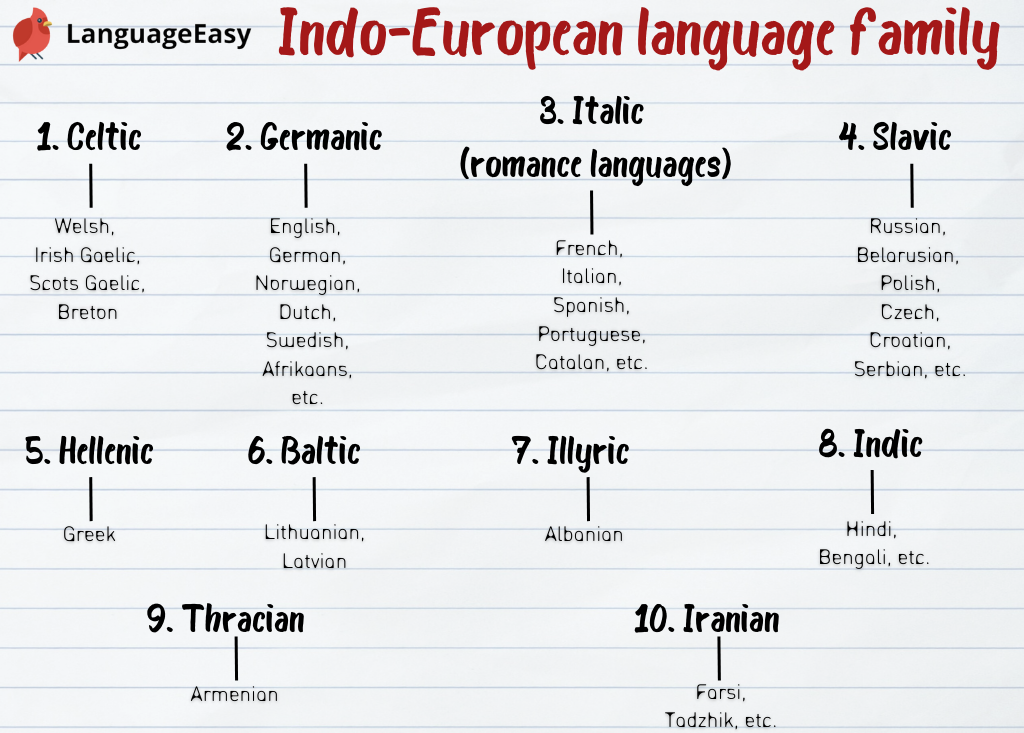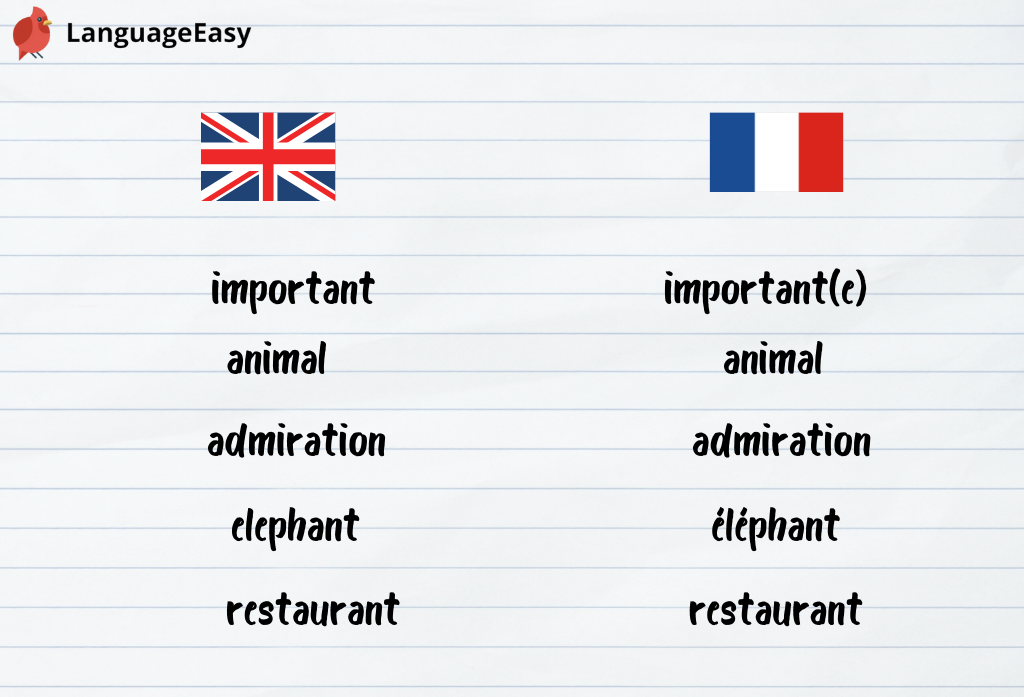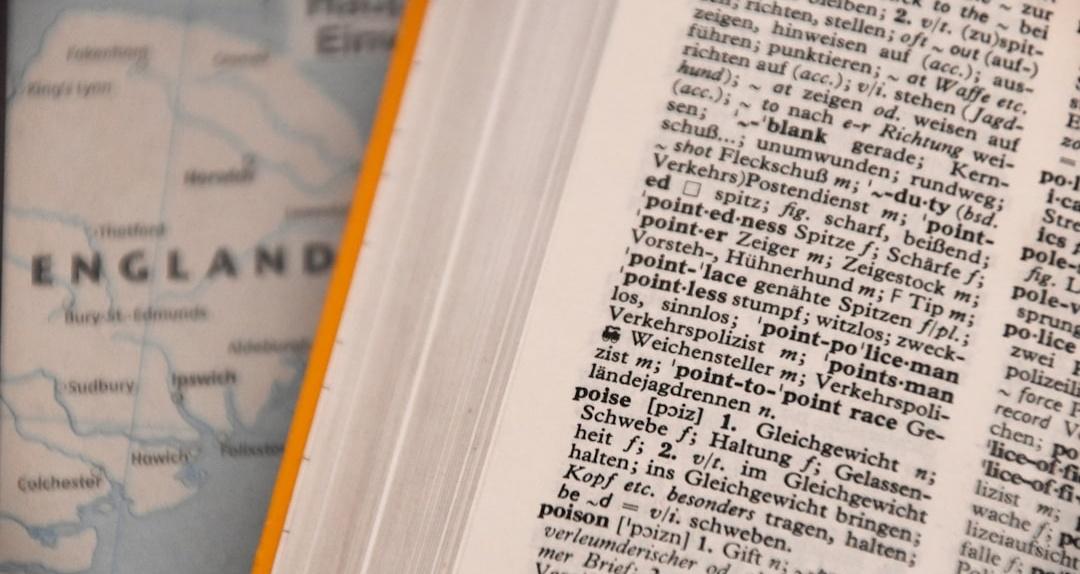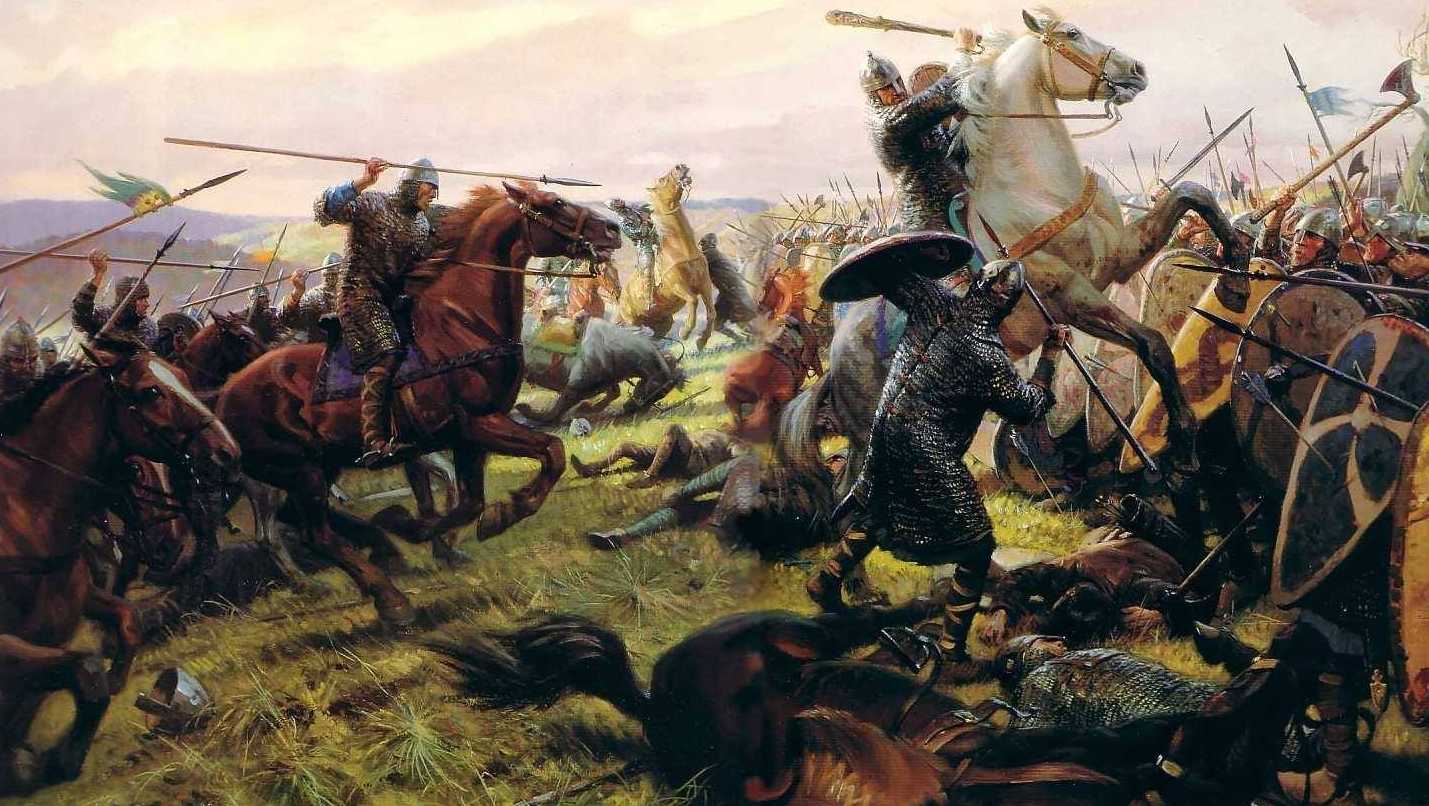A JOURNEY BACK TO 1066: WHY FRENCH ENTERED ENGLISH
To understand this, we need to travel back nearly a thousand years, to a date that changed English forever: 1066.
To understand this, we need to travel back nearly a thousand years, to a date that changed English forever: 1066.
ARE ENGLISH AND FRENCH REALLY SO SIMILAR?
When talking about languages, we shouldn’t forget the concept of language families. All languages are, in a way, like living beings: they are born, grow, develop relationships, and sometimes fade away. After they’re born, they enter a specific family, grow up with "siblings," and develop in unique ways.
There are hundreds of language families across the world, each with its own history, structure, and sound systems. One of the largest and most widely spoken is the Indo-European language family, which includes languages like English, Spanish, French, Russian, and German. Today, nearly 46% of the world’s population speaks a language from this family.
When talking about languages, we shouldn’t forget the concept of language families. All languages are, in a way, like living beings: they are born, grow, develop relationships, and sometimes fade away. After they’re born, they enter a specific family, grow up with "siblings," and develop in unique ways.
There are hundreds of language families across the world, each with its own history, structure, and sound systems. One of the largest and most widely spoken is the Indo-European language family, which includes languages like English, Spanish, French, Russian, and German. Today, nearly 46% of the world’s population speaks a language from this family.

So technically, English has more in common with German or Dutch than with French. But if that’s true, why do so many English and French words seem so similar?
But just because two languages belong to the same family doesn’t mean they look or sound alike. That’s because language families are divided into branches. For example:
🔹English belongs to the Germanic branch.
🔹French belongs to the Romance branch, along with Spanish, Italian, and Portuguese.
🔹English belongs to the Germanic branch.
🔹French belongs to the Romance branch, along with Spanish, Italian, and Portuguese.
Even royal marriages reinforced the bond: for instance, Henry II of England married Eleanor of Aquitaine in the 12th century, bringing even more French influence to the English crown.
BEYOND VOCABULARY: GRAMMAR AND PRONUNCIATION
French didn’t just bring new words — it also influenced spelling, pronunciation, and even some aspects of grammar.
🗣️ Pronunciation:
Many French loanwords retained stress on the final syllable, especially in American English (Dabouis & Fournier, 2024).
Some of the unusual English spellings (like qu instead of cw, or silent gh in words like 'night') are partly due to French scribes standardizing English writing.
🧠 Grammar:
Prefix and suffix usage expanded (con-, re-, dis-; -ment, -ity, -age).
English began using more prepositions and a stricter word order, moving toward a more analytic structure. Development of relative pronouns like who, whom, which mirrors French usage (qui, que).
FALSE FRIENDS: BE CAREFUL!
If you’re learning both English and French, beware of "false friends" — words that look similar but mean different things. For example:
Library (English) vs. Librairie (French)
Actually (English) vs. Actuellement (French)
Sensible (English) vs. Sensible (French)
CONCLUSION: A BILINGUAL LEGACY
Even though English and French come from different branches of the Indo-European family, their histories became deeply intertwined. From courtrooms and cathedrals to kitchens and clothing, the French language left a deep mark on English.
This shared vocabulary is a gift to learners, but one that also demands care and curiosity.

LanguageEasy Newsletter
Subscribe to LanguageEasy Newsletter to receive updates, language learning tips and more :)
(❗sometimes e-mails may come to your spam box - be attentive and get a newsletter out of it 😉)
(❗sometimes e-mails may come to your spam box - be attentive and get a newsletter out of it 😉)


